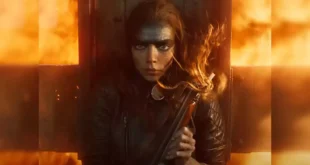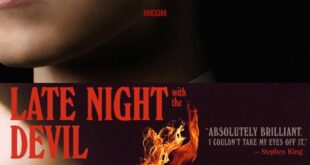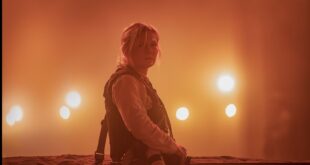Finally, 2023 has produced its first genuinely noteworthy film released in a sizable amount of theaters. Ari Aster’s third feature Beau Is Afraid, has no shot at commercial glory this weekend. It’s not made for mass consumption, and it’ll likely baffle many people, and that’s ok. I’m not sure if I can give you my definitive opinion on Beau Is Afraid because it’s a film that requires multiple viewings. I can tell you that the film is one of the most unique I’ve seen in quite some time. It’s like a combination of Kubrick, Scorsese, Tati, Lynch, and Kaufman. I was enthralled nearly by every second of it.
Ari Aster is known for his distinctive style that blends horror, drama, and dark comedy elements. He often explores themes of grief, trauma, and family dynamics in his movies, using unsettling imagery and sound design to create a sense of unease and dread. This is his first outward attempt at surrealness, though. There are surreal elements to Hereditary and Midsommar, especially the latter, but the world Aster creates in Beau Is Afraid is unique and original. We are never quite sure what is fake and what is reality, but never in a way that loses you. The ambiguity of Beau Is Afraid is indeed the most intriguing part.
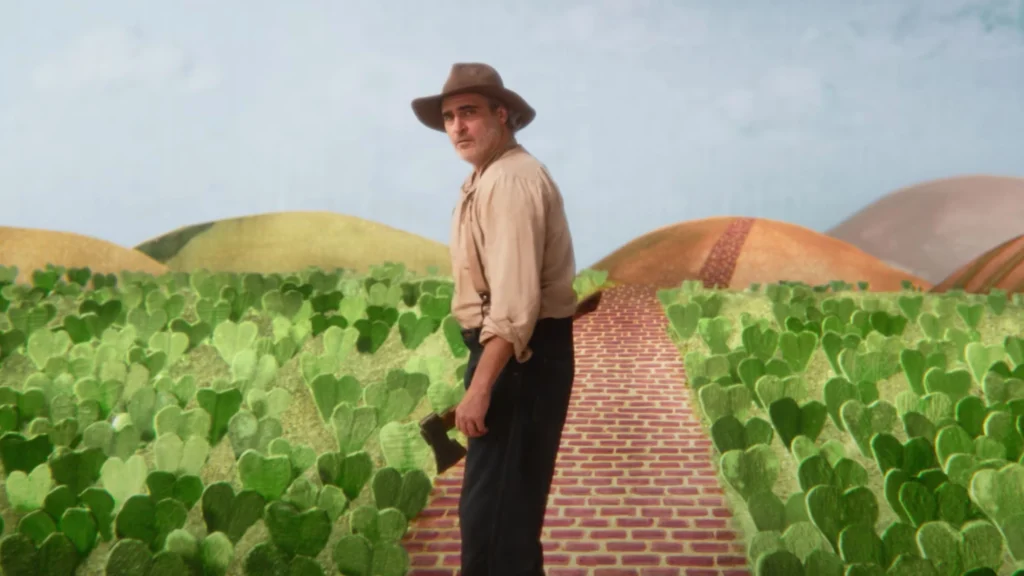
Beau Is Afraid centers on Joaquin Phoenix’s Beau Wasserman, the son of a wealthy, famous businesswoman who instilled an unhealthy fear of everything since he was born. Speaking of birth, the film’s first scene features Beau’s delivery from the infant’s perspective. It’s a quiet existence inside the mother, but then we’re cast out into the craziness of a hospital. It’s a fitting beginning to this film, separated into three distinct parts. The first part features Beau living in such a crime-ridden city it’s almost like the worst fears of a Fox News viewer come true. It’s an insanely tense part of the movie that makes it very clear we’re not in actual reality, or are we? Who is controlling this reality? These are questions we grapple with throughout the film. To explain the plot in further detail would be to ruin the experience. We learn more about Beau’s life and growing up with his overbearing mother.
There are sequences in this film that belong in the Guggenheim. The opening sequence is intense and anxiety filled; there are also moments of surrealness and flights of fancy. This, ultimately, is an adventure movie. Aster described it as a Jewish Lord of the Rings. It’s a Homeric Odyssey and more than anything; it’s about guilt. I can relate to the movie’s themes, especially anxiety overpowering your imagination. Everything about it is intense, vivid, and memorable. Does it always make sense? I don’t know. There are ridiculous things in it as well, but it’s all strangely part of this cohesive vision by Aster that’s truly a sight to see on screen. One I hope cineastes will venture out to see. This film cements that Aster is one of the most exciting and visually inventive filmmakers working today.
***1/2 out of ****
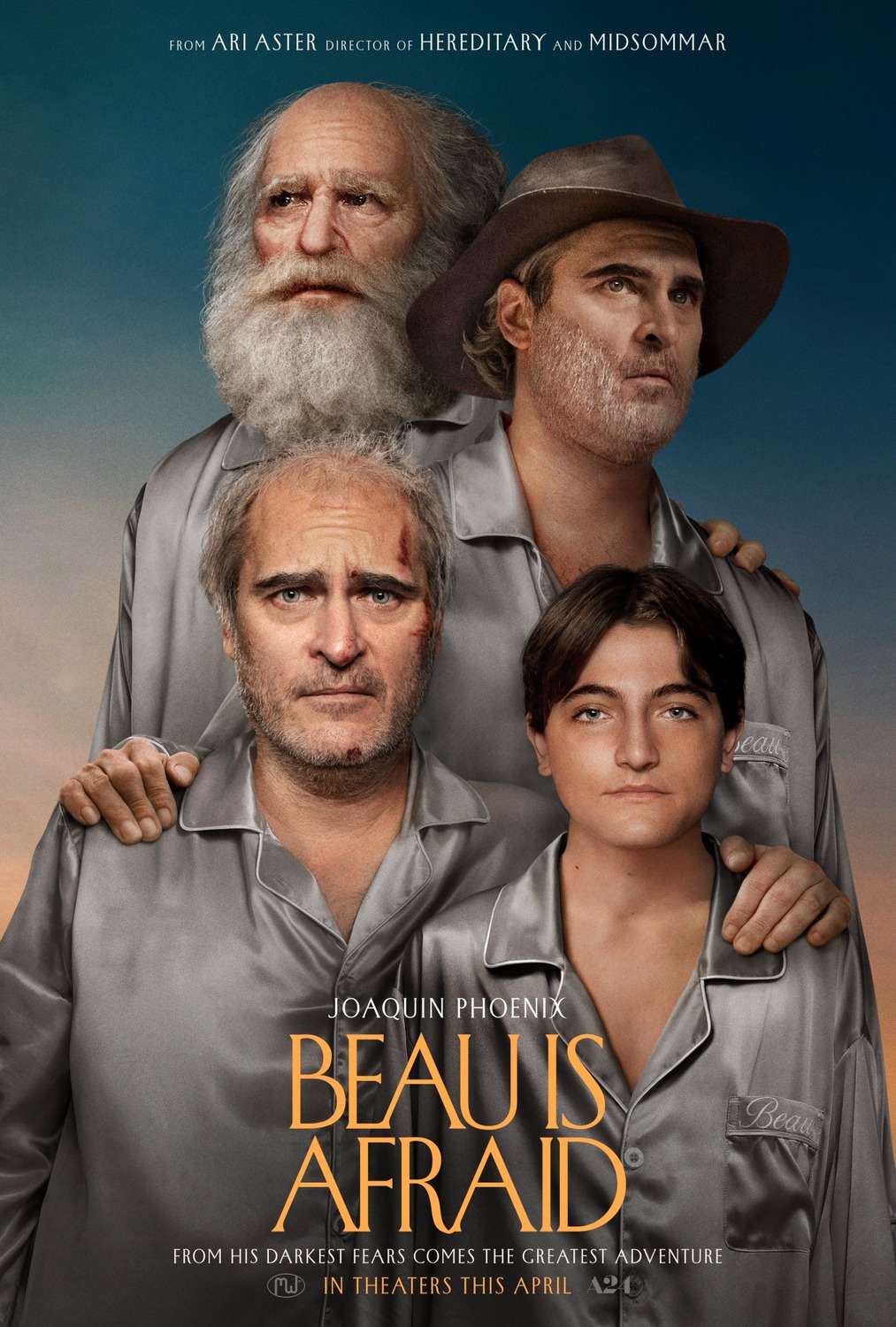
 Movie Finatics The Place for Movie Lovers
Movie Finatics The Place for Movie Lovers

